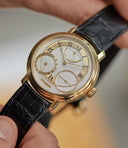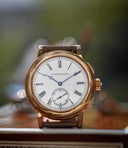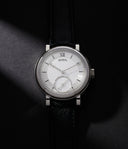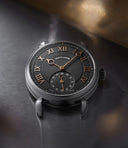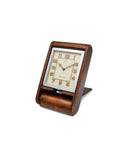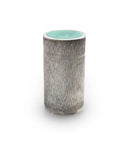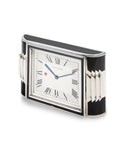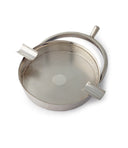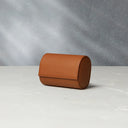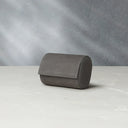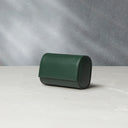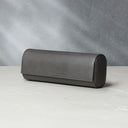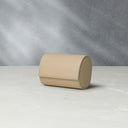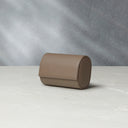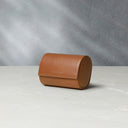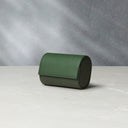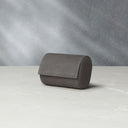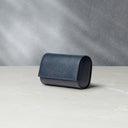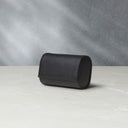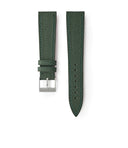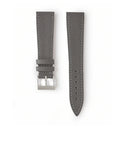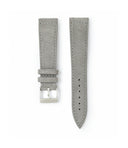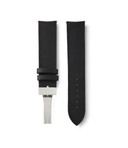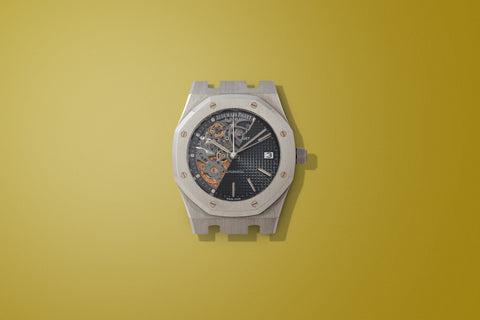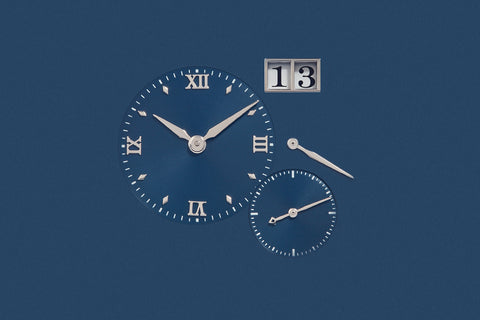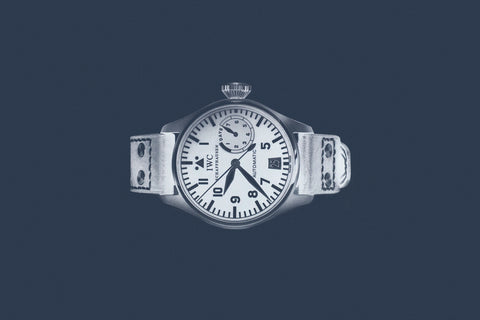This is one of 200 examples of the Grand Lange 1 Moon Phase Lumen reference 139.035F*, a maximised iteration of the Lange 1 aesthetic. Its upsized proportion – it wears a 41mm platinum case – is balanced with a beautiful smoky sapphire dial that offers a glimpse of the mechanics of the manually wound calibre L095.4 below. It was the first watch from the brand to feature a luminous panoramic date as well as moonphase display.
A BRIEF HISTORY
Whether you see skeletonised watches as essentially decorative or, following the famed “less is more” dictum of Louis Sullivan, in some sense entirely rational – because they’re about reducing material usage to the absolute minimum – it’s a testament to their allure that they still play on the imagination some 250 years after their invention.




It was back in the 1760s that the French watchmaker Jean-Antoine Lepine reworked the plates and bridges of a movement to make his pocket watches considerably thinner than that of his competition – providing the basic template for how a watch movement is arranged that persists today. Lepine’s format also looked rather pretty, inspiring his father-in-law and former watchmaking teacher Andre-Charles Caron to arrive at another way of drawing customers: by opening up the case in order to show them – and allowing them to show others, of course – what a miniature marvel the movement was, and, with its engraving, bevelling, enamelling, gem-setting, how fantastically well-finished. Enter the baroque, somewhat grandiose style of watch that, one assumes, suited a more baroque, somewhat grandiose age (for those with money, at least).
Indeed, the very idea of the skeletonised watch was all but forgotten, as it was considered too rococo for modern tastes, until the mechanical watch industry was, through the 1970s, faced with decimation thanks to the advent of quartz. What better way to counter the march of technology than by highlighting the craft intrinsic to a mechanical movement and make its outdatedness more central to its appeal?





















































































